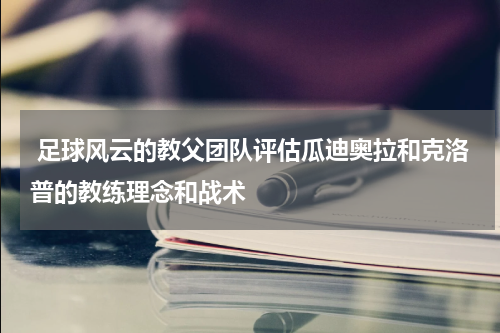Reader'sreadingexpectationsandperspectivesareformedthroughacombinationofpersonalexperiences,culturalinfluences,educationalbackground,andindividualinterests.Thesefactorsinfluencehowreadersapproachandin

Reader's reading expectations and perspectives are formed through a combination of personal experiences, cultural influences, educational background, and individual interests. These factors influence how readers approach and interpret texts, as well as their preferences and expectations while reading.
Personal experiences play a significant role in shaping the reader's perspective. One's life experiences, including interactions with different people, exposure to various cultures, and personal beliefs, shape their viewpoints and attitudes towards certain topics or themes. These experiences can also create certain expectations or biases that affect how readers perceive and interpret texts.
Cultural influences also contribute to the formation of a reader's expectations and perspectives. Different cultures have diverse literary traditions, societal values, and ways of storytelling. Readers from different cultural backgrounds may have different expectations based on their exposure to specific literary styles or genres. Cultural influences can significantly impact how readers understand and appreciate texts.
Educational background is another crucial factor in forming a reader's expectations and perspectives. A reader's level of education, including their familiarity with literary theories, critical thinking skills, and exposure to various genres or authors, greatly influences their approach to reading. Education can shape a reader's ability to analyze texts, interpret symbolism, or understand complex themes.
Individual interests and preferences also play a role in the formation of a reader's expectations and perspectives. Some readers may have a strong affinity for a specific genre, such as science fiction or romance, which can influence their expectations while reading. Personal interests and preferences also guide readers to seek out certain types of texts or authors, shaping their reading expectations and perspectives.
Overall, a reader's reading expectations and perspectives are formed through a combination of personal experiences, cultural influences, educational background, and individual interests. These factors collectively shape how readers approach texts, interpret them, and form expectations while reading.










